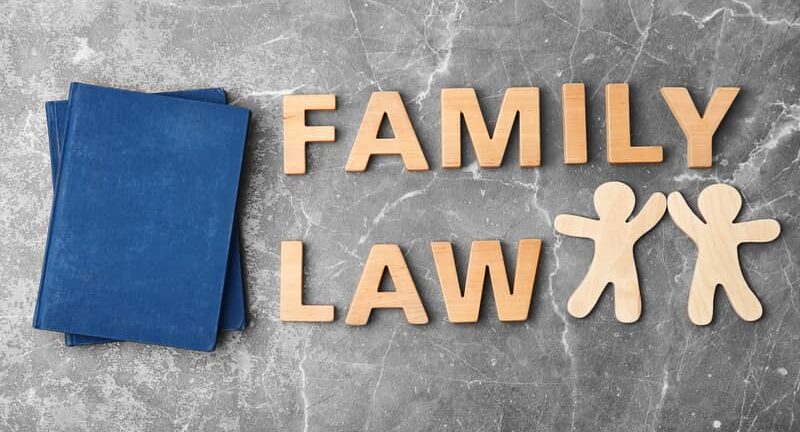
 North Carolina Permits Fault and No-Fault Divorce
North Carolina Permits Fault and No-Fault Divorce
When it comes to grounds for divorce, North Carolina is a hybrid state. It permits filings for both fault and no-fault divorce actions. It is important that divorcing parties are aware that North Carolina is a no-fault state as no-fault normally provides individuals with a speedy and egalitarian divorce proceeding. A contentious marriage or parties who have viable legal grievances against one another may not agree to a no-fault divorce proceeding. Therefore, knowing the differences between the two grounds of divorce is valuable to all parties involved. Under North Carolina law, the two broad bases for fault divorce are marital misconduct (i.e., adultery) or incurable insanity. The complete definitions of both broad grounds are defined via legal precedent and legislative interpretation. In the alternative, no-fault divorce is clearly stated under statute. Under the no-fault divorce statute, both parties must have resided in North Carolina for six months or more. The parties must also live separate and apart for one year.
One Year of Separation
The one year separation standard deserves further discussion. Parties involved in divorce litigation in North Carolina must fully comprehend the requirements and restrictions of this provision. North Carolina requires that the parties live separate and apart from one another for the entirety of the twelve months. The separation must be significant in proximity and excludes instances where the parties reside in different areas of the same dwelling home. However, the separation provision discounts isolated instances of sexual encounters between the parties. During the one-year period, it is imperative that the parties cease holding themselves out to the world as a couple. A majority of divorces initiated in North Carolina occurs under the one year separation rule.
Divorce from Bed and Board
Another form of divorce permitted in North Carolina is called divorce from bed and board. It is an outdated form of divorce rooted in English common law. Unlike the one-year of separation ground, divorce from bed and board does not qualify as absolute divorce. In the instance of a finalized divorce from bed and board action, the court grants the parties a perpetual separation and protection in their persons and property. Divorce from bed and board is a permanent separation of sorts. This option is usually for individuals who do not want to endure a full divorce due to financial or religious reasons. They see value in a decree that permits them to live separately and divide their property, while protecting the legal and religious union. This option is often utilized by people of advanced age who have been married for many years.
Your North Carolina Family Law Attorneys
Divorce can be a long and difficult process. You need a team of experienced attorneys who understand the nuances of family law. Please contact Powers Landreth PLLC if you have any questions. Our seasoned attorneys are on-hand to provide you with the help you need. Contact us now for your individualized consultation.
Resource:
ncga.state.nc.us/gascripts/statutes/StatutesTOC.pl?Chapter=0050
Related Posts
Equitable Adoption in North Carolina
The doctrine of Equitable Adoption is a judicially created “equitable” remedy...
Charlotte Child Custody and Contempt of Court
The North Carolina Court of Appeals ruled this week on a longstanding Charlotte...

